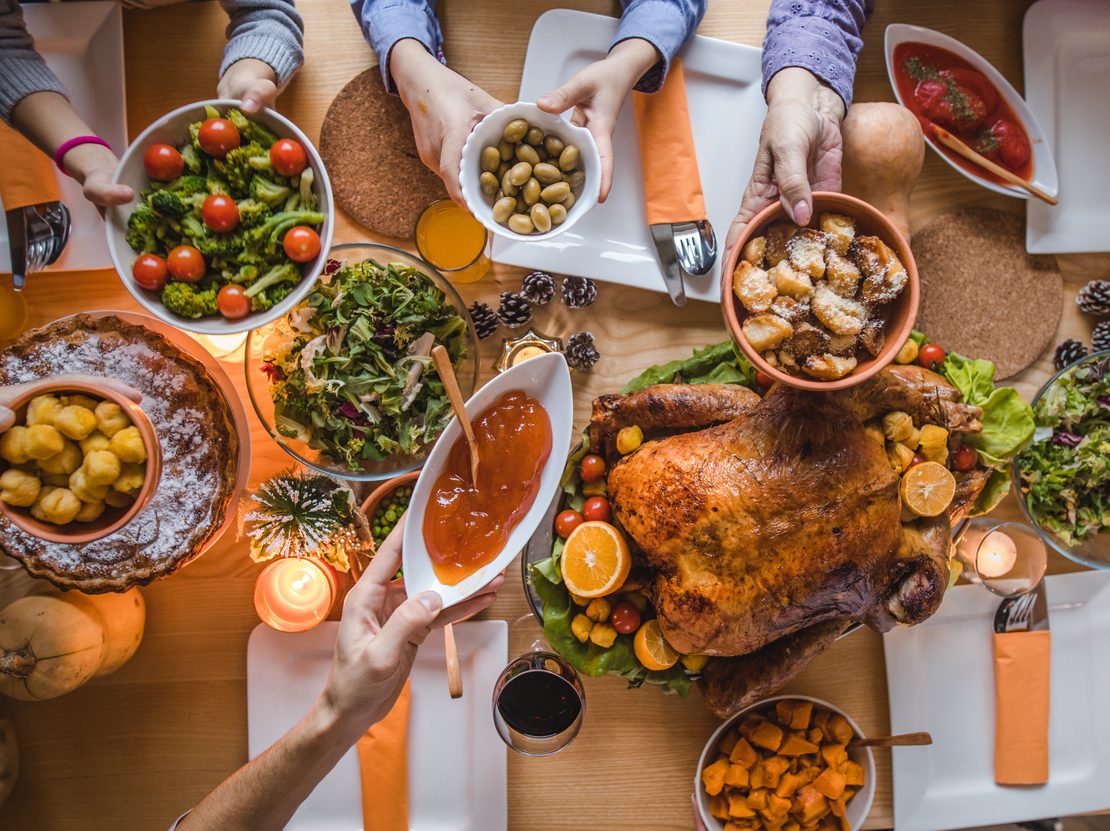#SwedenGate – I happened to chance upon this hashtag when aimlessly scrolling through social media. Assuming it meant another socio-political issue had arisen – as they seem to every alternate day, nowadays – I promptly Googled it. This led me down a whole different rabbit hole. The hashtag in question was about an anonymous Reddit comment regarding an individual’s culture shock they experienced as a child. The commentor narrated their invitation to a sleepover when they waited alone in another room while the Swedish host family ate dinner. The thread soon turned into a tornado of opinions ranging from complete agreement to vehement disbelief. More people narrated their own stories of waiting hungry while the hosts ate, being shouted at for taking a second helping without the host’s permission, and even being asked to pay for their own share of dinner when being invited for a meal.
Responding to these were the more familiar comments of how this behaviour would anger grannies everywhere and the familial traditions of always feeding guests much more than what their appetites can handle. The centrality of food in collectivist cultures was never more evident to me than when skimming through the thread.
The discussion on Reddit made me reflect on how food in our own country bears so much significance. It is symbolic of a plethora of emotions. The custom of offering food to any and all visitors has remained unchanged over generations, a sublime legacy of sorts. While languages and traditions change every 10 miles in this country, one commonality across these cultures is the hospitality offered to guests and visitors – both, the kind that announce their arrival and the kind that spring up on you when you least expect them to. One of the things I found both amusing and endearing about Chennai, upon moving there, was the people’s choice of greeting – it was not the banal ‘hello’ or the trite ‘how are you?’ – all conversations began with “saaptingla?” (literally, “have you eaten?”), no matter how early or late in the day it was. Having grown up hearing the ubiquitous “Chai, coffee ya thanda?” everywhere I went, I believed food was the universal language for welcoming people into one’s house. I am yet to master the art of refusing food, lest my refusal offend the hosts. You see, the communication with food goes both ways – I, the host, serve you to make you feel welcome; while you, the guest, relish it as appreciation for my hospitality. Funnily enough, you may have to handle this dynamic quite gingerly sometimes, depending on who you are dealing with.
Beyond hospitality, I have understood food as being a great equaliser as well. It is also one of the quickest ways to build rapport with someone you are meeting for the first time. My work often takes me to houses of families living hand to mouth, with less than enough to feed themselves. During each of my visits, my hosts have met my polite excuses and refusal to accept food with vehement insistence. I quickly learnt to accept and savour what was offered because not doing so would communicate to the hosts that I, being someone used to a much more comfortable lifestyle, found their food substandard and inedible. It would mean disrespect of not only their food, but also of their personhood.
Sharing a meal communicated mutual respect and gratitude. Over and above work, I have found myself fostering unexpected friendships with the people around me over food. The excitement of finding common preferences or shared eccentricities around food with someone you are getting to know is underrated. There is a certain intimacy to knowing how someone likes their coffee, how much spice they can tolerate or what their favourite fruits are.
It does not surprise me in the least to see people around me communicate care and affection by the means of a lovingly prepared spread. People tend to be mindful of even classmates’ and colleagues’ food preferences and packed lunches often carry a little extra so that there’s enough to share. An honest greeting card for someone recuperating from an illness might read “have you been eating well?”, and I cannot imagine a more tender way of expressing concern for someone’s wellbeing.
In a culture where so much remains unsaid, leaving the biggest piece of dessert for a loved one speaks volumes. In a culture so divided by differences, the shared language of food builds bridges. It is no wonder, then, that instances like SwedenGate stick out like an anomaly. I would like to continue believing that food brings the world comfort and camaraderie, much like a smile, a hug, a warm bowl of soup.




